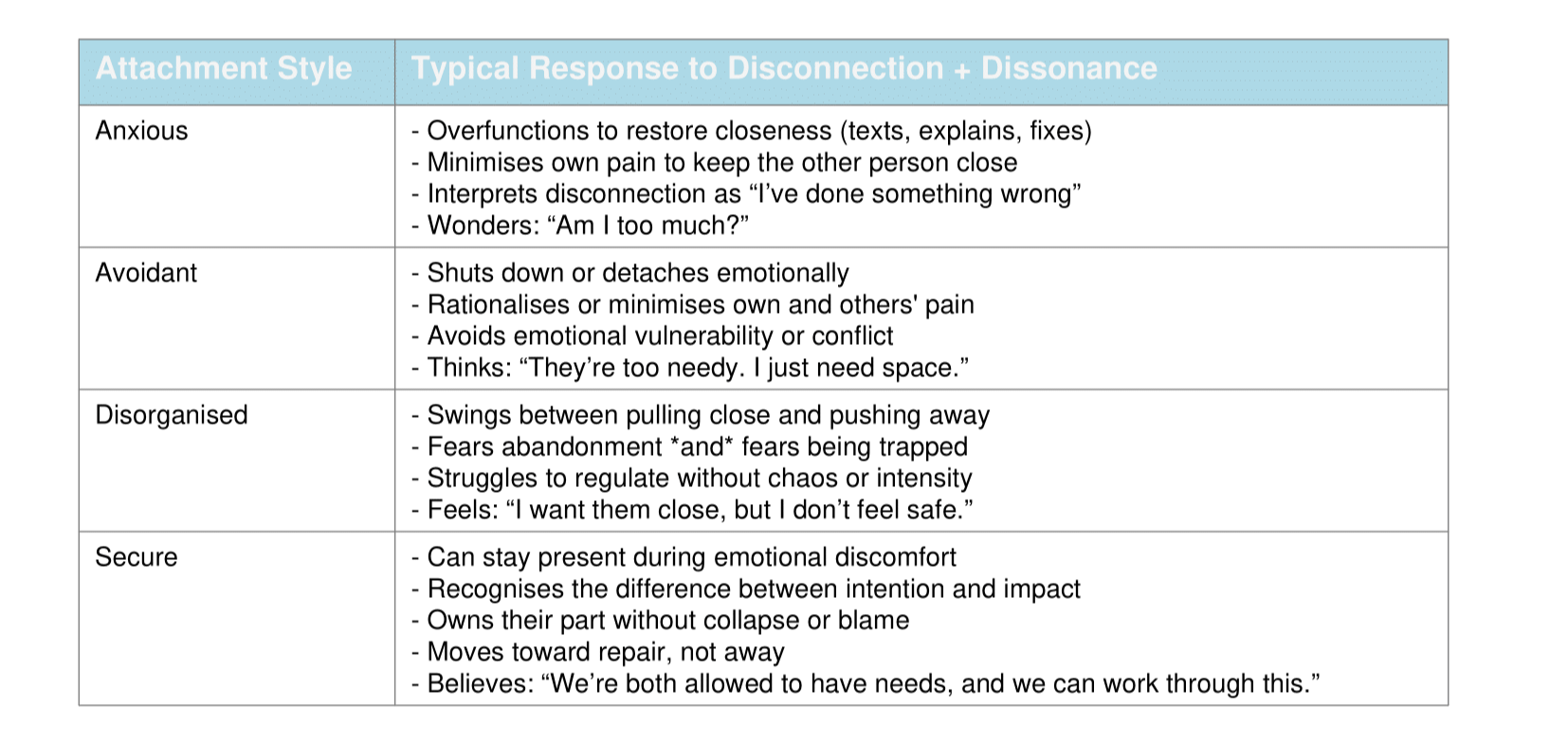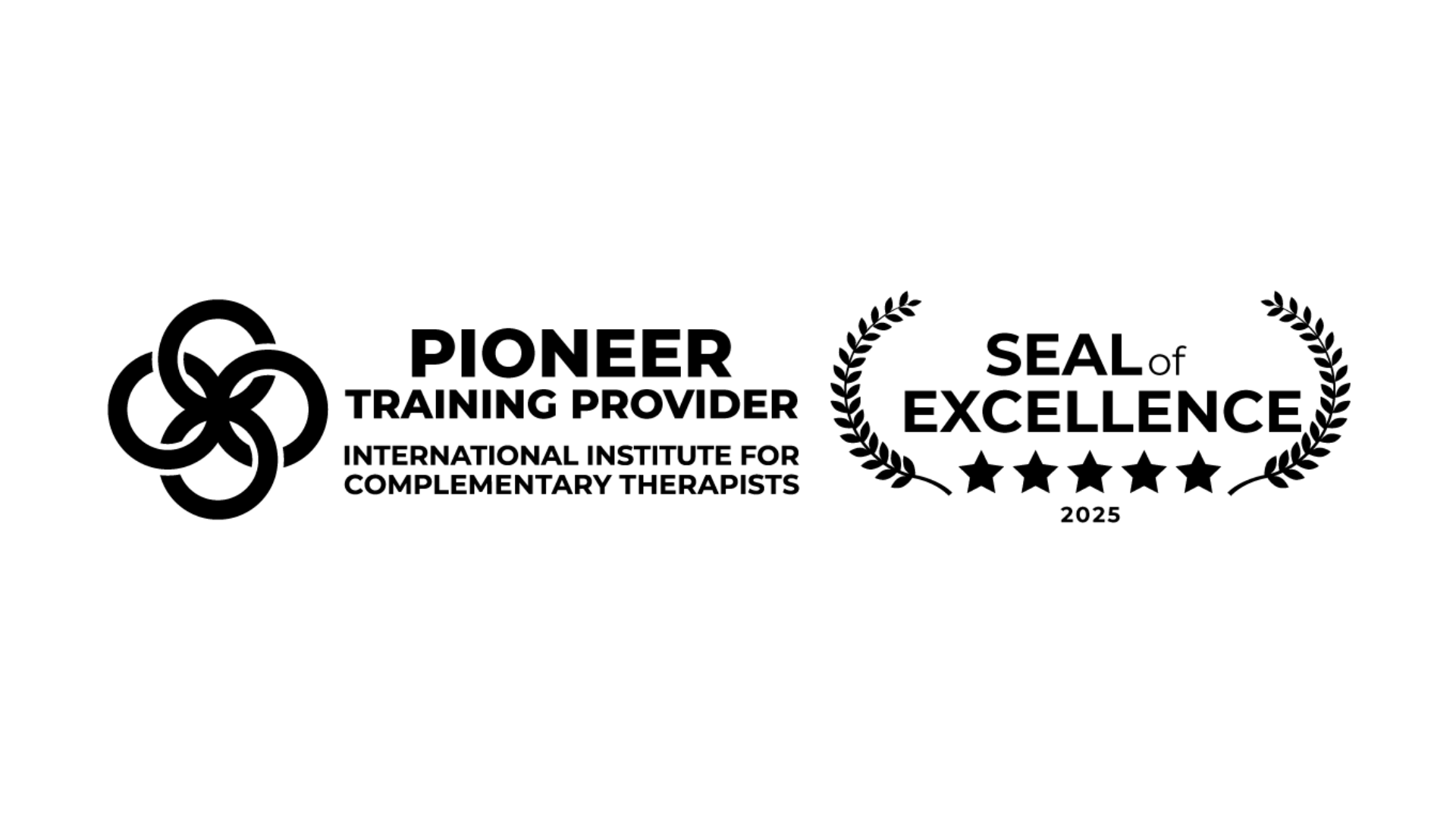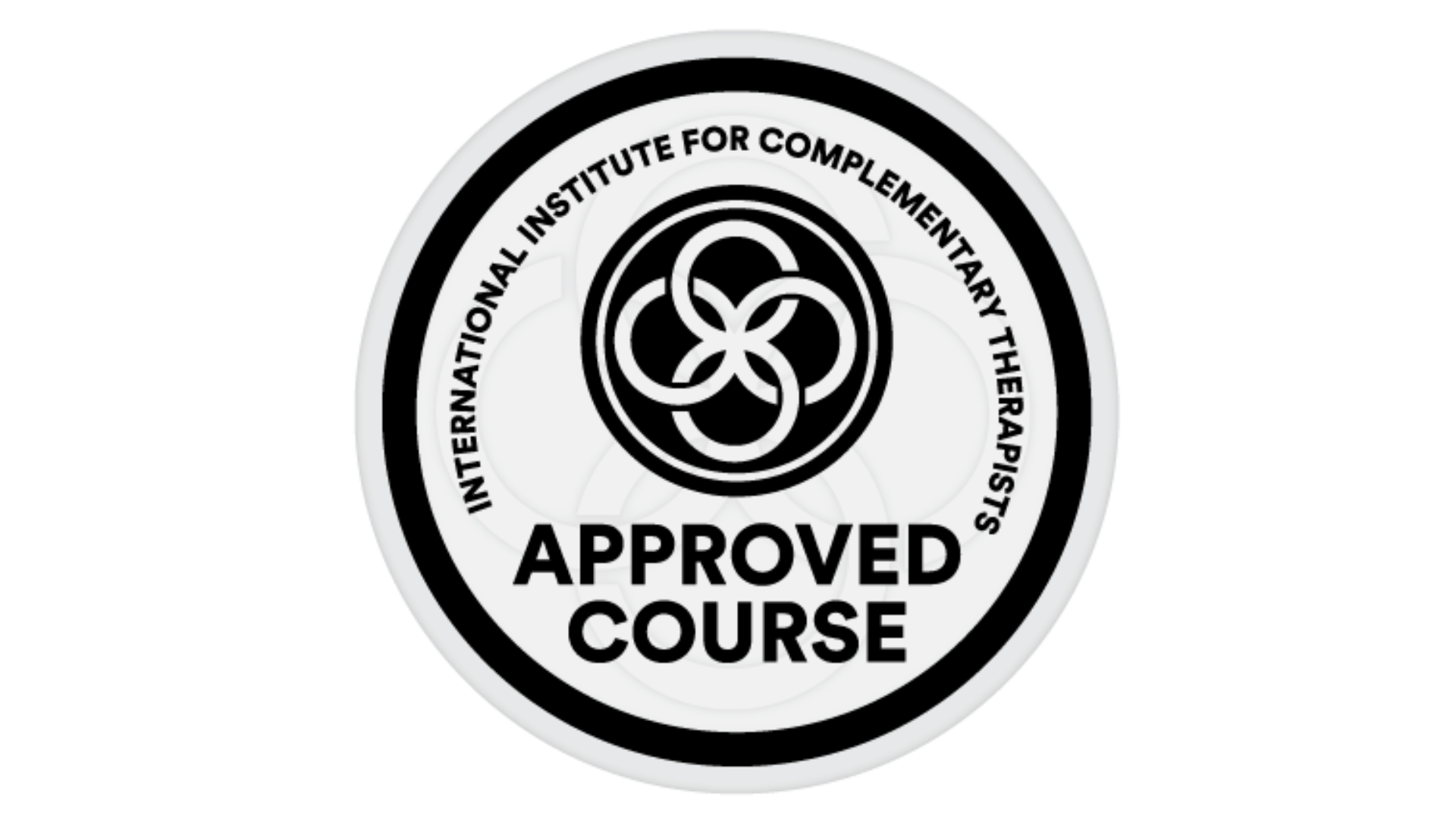Function Before Feelings: The Capacity Work of CPtsd Relationships
There’s a lot of relationship advice online - but most of it doesn’t account for intergenerational trauma, developmental trauma, or how different attachment styles show up when we’re emotionally overwhelmed.
Let’s be clear:
Having trauma doesn’t make you broken.
But if we haven’t learned to sit with discomfort, repair after conflict, or regulate through fear - then our relationships can’t grow past a certain point.
⛑️ Functional Capacity in Relationships Looks Like:
🧩 When Capacity is Missing… Cognitive Dissonance Enters the Picture
🔄 How Attachment Styles Respond to Disconnection + Dissonance:

🧭 Healing Starts With Awareness + Building Capacity
Relationships aren’t just about love. They’re about capacity.
When both people are doing their healing work - capacity grows.
When only one person holds the weight? That’s not sustainable.
🌱 Ready to Take the Next Step?
Living with CPtsd?
What if recovery meant no longer remaining in survival mode?
What if recovery meant no longer remaining in survival mode?
Write your awesome label here.
CPtsd recovery is a shared walk, not a solo test of willpower.
With the right support, language, tools and Trauma Brain Mapping old survival patterns can settle. Experience less pressure, more progress and kind accountability so your effort finally lands as change you experience in your daily life. Personal freedom starts here.
With the right support, language, tools and Trauma Brain Mapping old survival patterns can settle. Experience less pressure, more progress and kind accountability so your effort finally lands as change you experience in your daily life. Personal freedom starts here.
Write your awesome label here.
CPtsd Courses & Certification
✨ Whether you’re a professional, a survivor, or someone supporting a loved one, our CPtsd courses are designed for everyone. Explore practical, neuroscience-based tools and compassionate guidance you can use right away.
Follow us on social


